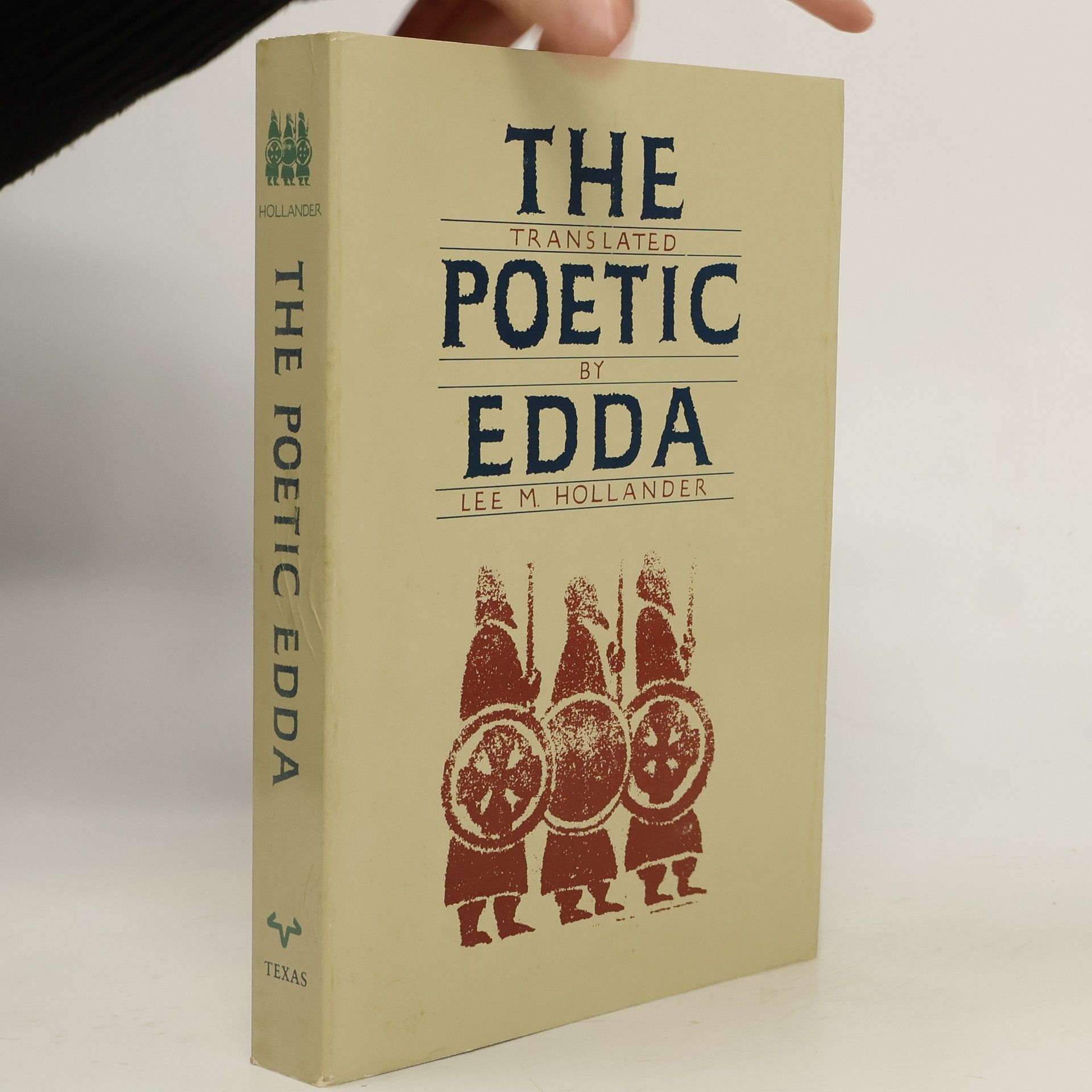The Poetic Edda
- 375 pages
- 14 hours of reading
Features poems collected by an unidentified Icelander, probably during the twelfth or thirteenth century, and was rediscovered in Iceland in the seventeenth century by Danish scholars.




Features poems collected by an unidentified Icelander, probably during the twelfth or thirteenth century, and was rediscovered in Iceland in the seventeenth century by Danish scholars.
Focuses on mathematical development indigenous to the New World. This book includes essays, which attest to the variety of mathematical development present in the Americas.
In AD 986, Earl Hakon, ruler of most of Norway, won a triumphant victory over an invading fleet of Danes in the great naval battle of Hjorunga Bay. Sailing under his banner were no fewer than five Icelandic skalds, the poet-historians of the Old Norse world.
Collecting the perspectives of scholars who reflect on their own relationships to particular garments, analyze the politics of dress, and examine the role of consumerism and entrepreneurialism in the production of creating and selling a style, meXicana Fashions examines and searches for meaning in these visible, performative aspects of identity. Focusing primarily on Chicanas but also considering trends connected to other Latin American communities, the authors highlight specific constituencies that are defined by region (“Tejana style,” “L.A. style”), age group (“homie,” “chola”), and social class (marked by haute couture labels such as Carolina Herrera and Oscar de la Renta). The essays acknowledge the complex layers of these styles, which are not mutually exclusive but instead reflect a range of intersections in occupation, origin, personality, sexuality, and fads. Other elements include urban indigenous fashion shows, the shifting quinceañera market, “walking altars” on the Days of the Dead, plus-size clothing, huipiles in the workplace, and dressing in drag. Together, these chapters illuminate the full array of messages woven into a vibrant social fabric.